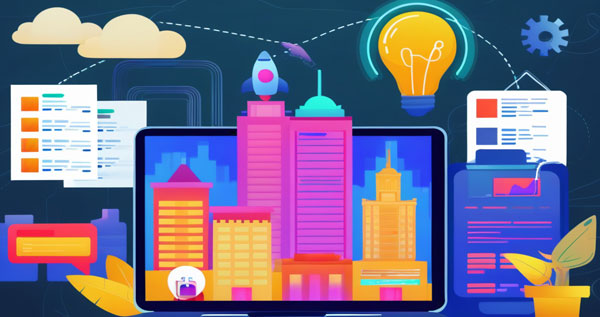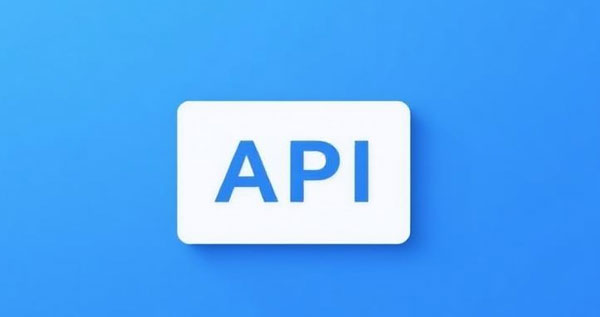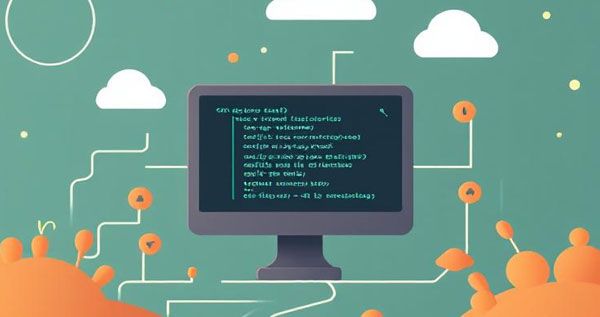What Are the Uses of Python Web Scraping? A Comprehensive Analysis from Data Acquisition to Business Value
Python web scraping is an efficient data collection tool that plays an important role in the Internet era. It not only helps individuals and developers quickly acquire information but also provides key data support for business decision-making, academic research, and product development. This article, in conjunction with the application case of LuckData Data Collection API, delves into the core value of Python web scraping.
1. The Top 10 Core Application Scenarios of Python Web Scraping
1. Data Collection and Analysis
Market Research: By scraping e-commerce platforms (such as Amazon, Walmart) for product prices, sales, and reviews, market trends can be analyzed.
LuckData's Walmart API allows direct access to product details and user reviews, eliminating the complexity of anti-scraping measures:import requestsheaders = {'X-Luckdata-Api-Key': 'your key'}
response = requests.get('https://luckdata.io/api/walmart-API/...', headers=headers)
data = response.json() # Directly get structured data
Financial Analysis: Scraping real-time stock and fund prices, combined with LuckData's API for batch acquisition of historical data, can be used for quantitative investment model training.
2. Price Monitoring and Comparison
Real-time tracking of airline ticket prices and hotel price fluctuations, with LuckData's on-demand expansion services (ranging from free to Ultra versions) supporting high-frequency requests:
Free version: 100 points/month, suitable for individual developers to test
Pro version: 230,000 points/month ($299), meeting enterprise-level price monitoring needs
3. Content Aggregation and Recommendation
Aggregating content from multiple platforms (such as news and movie ratings), LuckData's multi-platform API support (Amazon, Google, TikTok) can quickly aggregate data sources, avoiding the cost of developing cross-platform scrapers.
4. Competitive Intelligence and Business Decision-Making
Scraping competitor product information and user reviews, LuckData's custom enterprise services offer scalable solutions, including:
Private proxy IP pools to avoid bans
Dynamic page loading (JavaScript rendering) for automatic parsing
24/7 technical support for integrated debugging
5. Academic Research and Public Datasets
When obtaining academic papers in bulk, using LuckData's compliant API service helps avoid copyright risks, as it strictly adheres to GDPR and CCPA privacy protection standards.
6. Search Engine Optimization (SEO)
Analyzing competitors' SEO strategies, LuckData supports direct extraction of keyword density, backlinks data, and provides code examples in Python, Java, Go, etc., for quick integration into analysis tools.
7. Automation Operations and Testing
Using Python web scraping to simulate user actions (such as logging in and submitting forms), LuckData's Shell script examples can quickly check API interface status:
curl -X GET "https://luckdata.io/api/..." -H "X-Luckdata-Api-Key:your key"
8. AI Training and Content Generation
When training chatbots, scraping social media text through LuckData, its high-quality structured data can save up to 80% of data cleaning time.
9. Life Services and Real-Time Information
In scenarios such as rental property screening and traffic monitoring, LuckData's flexible scalability (adjustable request rate) ensures data stability under sudden demands.
10. Cybersecurity and Compliance Audits
When scanning website vulnerabilities, combining LuckData's security proxy services prevents web scraping IP bans, while complying with
robots.txtprotocol requirements.
2. Why Choose Professional API Services?
For businesses and high-frequency demand scenarios, developing web scrapers independently faces three major challenges:
Bypassing anti-scraping mechanisms (captcha, IP bans)
High data cleaning costs (from unstructured to structured data)
Legal compliance risks
Core Advantages of LuckData:
Ready to use: Provides pre-packaged APIs for major platforms, supporting 10+ programming languages
Compliance Assurance: Strict adherence to data privacy regulations, ensuring all data sources are legitimate
Cost Control: Pay-as-you-go based on points and request rate, saving 60% compared to building an in-house scraping team
3. Best Practice Recommendations
Lightweight needs: Develop with Python's
requests+BeautifulSoupEnterprise-level needs: Obtain from API service providers like LuckData:
For high-frequency data (e.g., price monitoring), choose Pro/Ultra plans
Use multi-API integration for cross-platform data collection
Legal red lines: Avoid scraping personal privacy, military secrets, and other sensitive data
Conclusion
The value of Python web scraping lies in converting data into productivity, while professional API services (such as LuckData) further lower technical barriers and compliance risks. Whether for startups or large organizations, properly utilizing the combination of scraping technology and API tools will give a competitive edge in data-driven industries.




